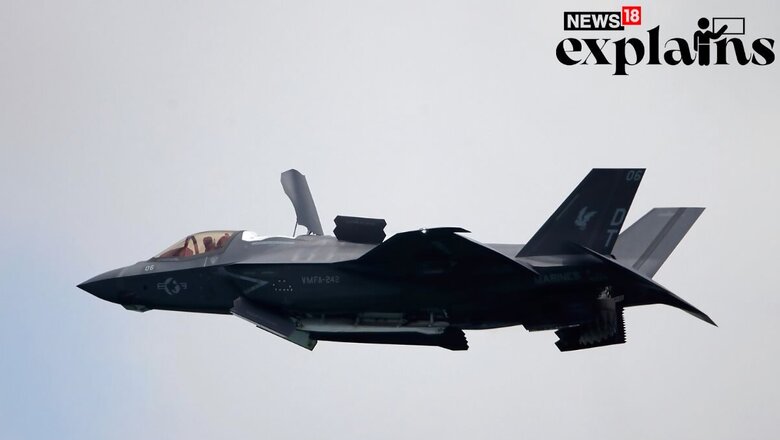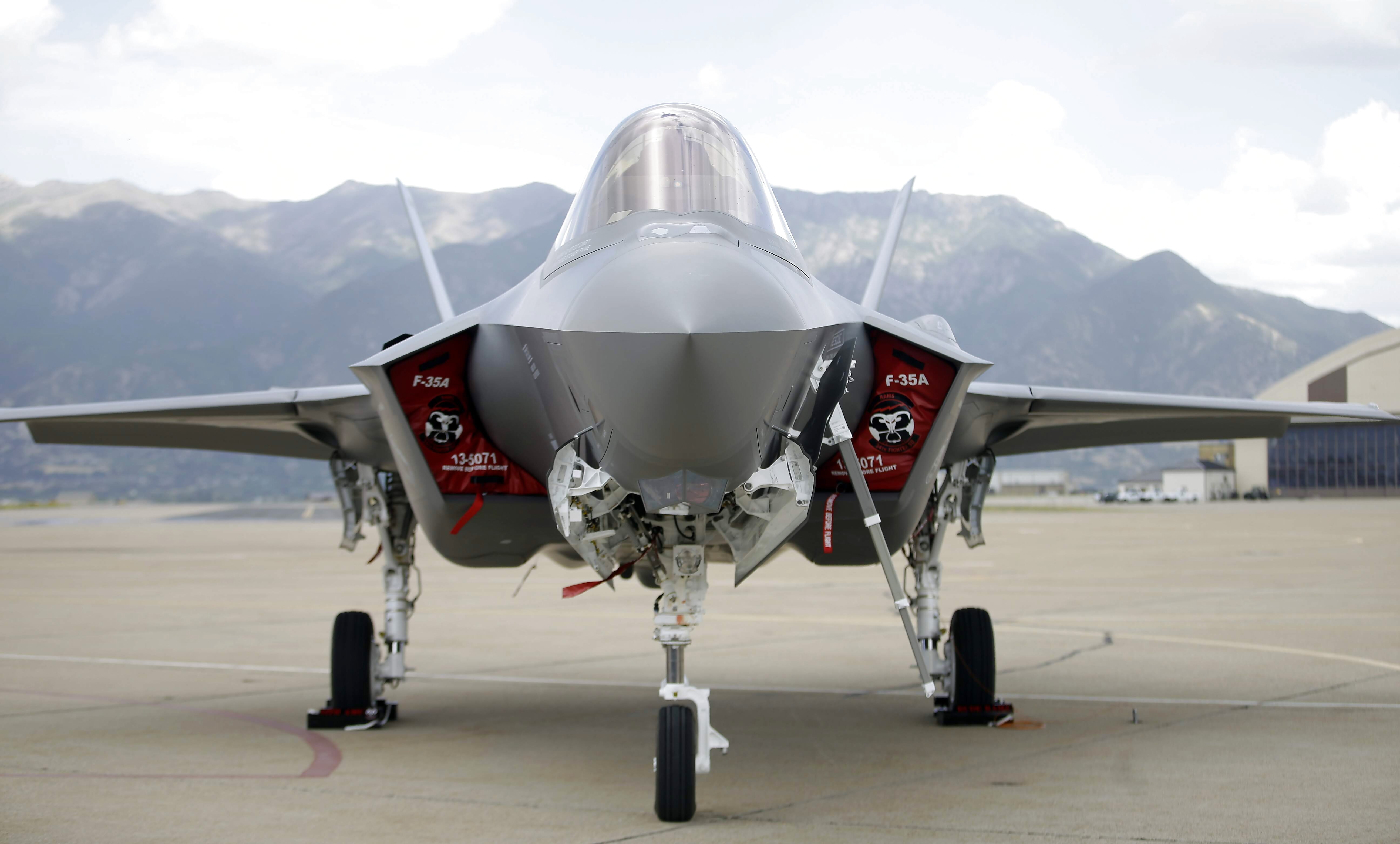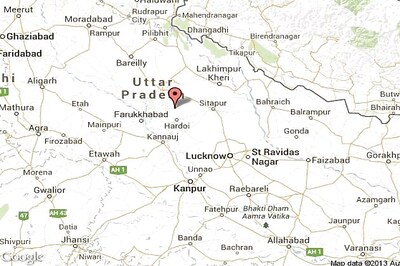
views
The F-35 Lightning Joint Strike Fighter, that crashed last week, is considered the most advanced fighter jet in the US arsenal. The $100 million warplane kept flying pilotless for 100 kilometres before the mishap occurred on Sunday and the debris were found after a long search in Williamsburg County, South Carolina on Monday.
The US Marine Corps pilot experienced a malfunction on the single-seat F-35B fighter jet and was “forced to eject” and parachute safely into a North Charleston neighbourhood. But the crash has raised a lot of question: whether the auto-eject function was triggered on its own, whether the malfunction was in the seat itself and why did the pilot ejected if the plane was able to keep operating for that long.
Fighter Jet of the Future
The F-35 Lightning Joint Strike Fighter, produced by Lockheed Martin, is not only considered the most advanced fighter jet but also the primary fighter for both the US and its allies. So, far 972 warplanes already built and the manufacturer has already got plans to produce more than 3,500 planes.
The aircraft has three variants: the Air Force’s F-35A, which is the most produced and most sold to allies; the Marine Corps F-35B, which has the ability to take off and land vertically, and hover like a helicopter; and the Navy’s F-35C, which can land on a carrier.
Lockheed Martin has delivered 190 F-35B variants to the Marine Corps, at a cost of about $100 million each.

The jet has several unique features like its “advanced stealth” enables it to avoid radar and the sensors, communications and avionics allows it to track the enemy, jam radars and thwart attacks. However, there have been at least seven previous crashes where F-35s have been destroyed.
Many Crashes
A US Navy F-35C fighter jet had experienced a “landing incident” on the deck of the Carl Vinson aircraft carrier in the South China Sea in January this year, injuring seven people. The pilot was able to eject safely before the mishap.
During a training mission In October 2022, an F-35 fighter jet crashed while landing at Hill Air Force Base in Utah. It was later found that the crash was resulted from a glitch in the aircraft software system which occurred after the pilot flew too close into the turbulence left by another F-35 ahead of him.
In November 2021, a British Royal Navy’s F-35B short take-off and vertical landing jet crashed into the Mediterranean Sea during take-off attempt from HMS Queen Elizabeth.
These incidents have been preceded by crashes of two USAF F-35As, two Marine Corps F-35Bs, one US Navy F-35C and one Japan Air Self-Defense Force F-35A.
Many Problems
The Marine Corps’ variant of the F-35, that was involved in the latest crash, is different from the Air Force and Navy versions due to several features like take off and landing like a helicopter and an auto-eject function.
However, auto-eject function has raised questions as to whether the malfunction the Marine pilot experienced was the seat itself.
Last December, an F-35B that had not yet been delivered to the Marine Corps crashed at Naval Air Station in Texas. The jet had been in hover mode over the airfield and began to drop, hit the runway and bounced before the pilot was ejected into the air.
In July 2022, the Air Force temporarily grounded its F-35s over ejection seat concerns. The last question that remains is why the plane kept operating for that long in a “zombie state.”
(With inputs from Associated Press)



















Comments
0 comment